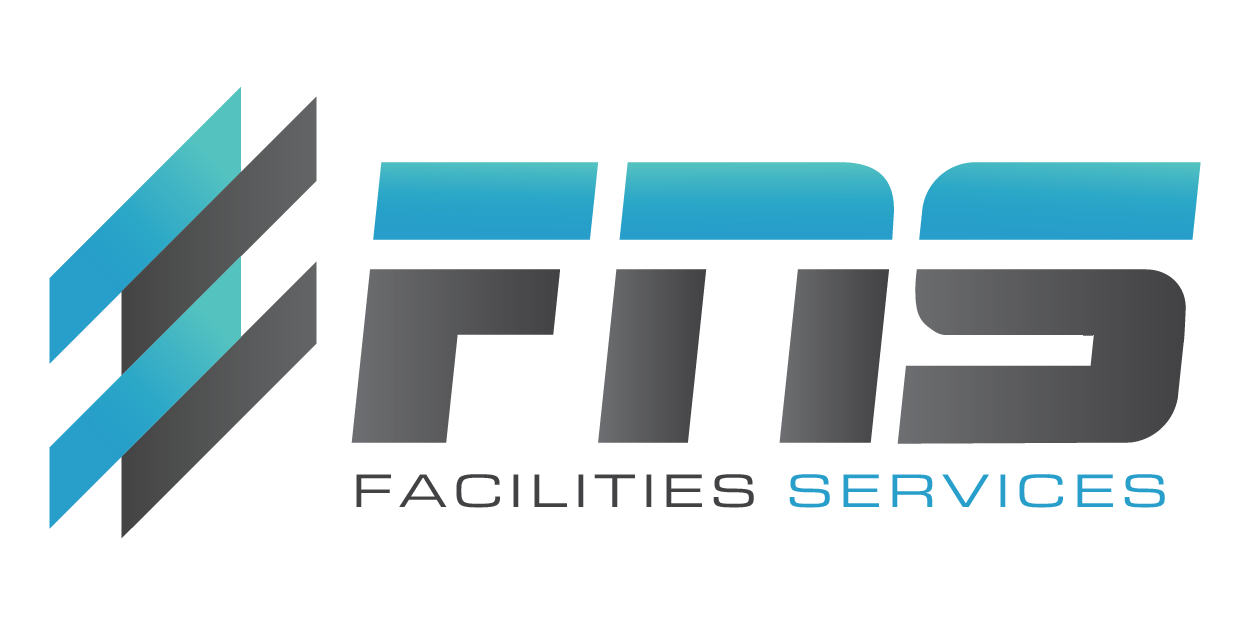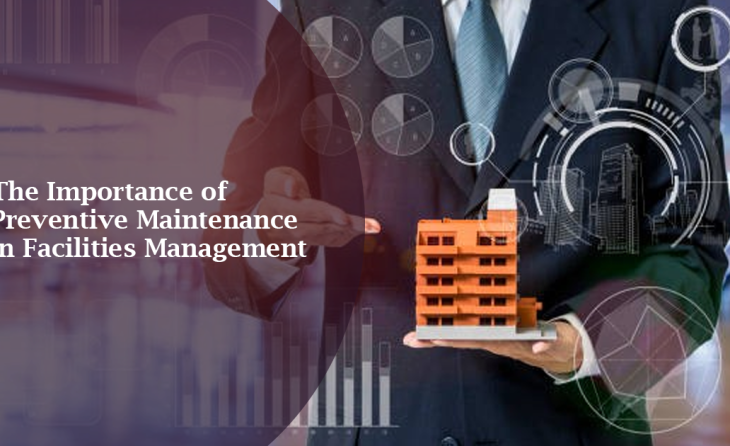Facilities management is a multifaceted discipline that encompasses the planning, operation, and maintenance of an organization's physical environment. One critical aspect of facilities management that often goes unnoticed but plays a vital role in the overall efficiency and sustainability of a workplace is preventive maintenance. In this blog, we'll explore the significance of preventive maintenance in facilities management and why it's an indispensable practice for any organization.
Preventive maintenance is crucial in Facilities Management to reduce downtime, extend asset lifespan, and cut costs by addressing issues proactively.
What is Preventive Maintenance?
Preventive maintenance, often abbreviated as PM, is a proactive approach to facility management that involves regularly scheduled inspections, repairs, and upkeep of equipment, systems, and infrastructure. The primary goal is to prevent breakdowns, extend the lifespan of assets, reduce operational downtime, and ensure a safe and comfortable work environment.
The Importance of Preventive Maintenance in Facilities Management
Equipment Reliability and Longevity:
Preventive maintenance helps in extending the lifespan of critical equipment and systems within a facility. Regular inspections and servicing prevent wear and tear, ensuring that equipment operates efficiently for an extended period. This leads to cost savings as organizations don't have to replace or repair assets prematurely.
Reduced Downtime and Disruption:
Unexpected breakdowns and equipment failures can disrupt business operations, leading to downtime and loss of productivity. Preventive maintenance minimizes the chances of sudden system failures, reducing the frequency and duration of unplanned downtime. This results in smoother operations and less business disruption.
Cost Savings:
While some may view preventive maintenance as an expense, it's a cost-effective strategy in the long run. By identifying and addressing issues early, you can prevent more extensive and costly repairs or replacements. Additionally, the efficient operation of equipment consumes less energy and reduces utility costs.
Health and Safety:
Facilities management has a direct impact on the health and safety of employees and occupants. Preventive maintenance ensures that safety systems, such as fire alarms, sprinklers, and emergency lighting, are in optimal working condition. It also identifies and mitigates potential safety hazards in the workplace, enhancing the well-being of those on-site.
Compliance and Regulations:
Many facilities are subject to regulatory and compliance requirements, such as building codes, environmental standards, and workplace safety regulations. Preventive maintenance helps organizations stay in compliance by ensuring that their facilities meet these standards. This reduces the risk of legal issues and fines related to non-compliance.
Energy Efficiency and Sustainability:
Well-maintained equipment operates more efficiently, consuming less energy. Preventive maintenance can include measures to enhance the energy efficiency of HVAC systems, lighting, and other building systems. This not only reduces operating costs but also contributes to an organization's sustainability efforts.
Asset Management:
Effective preventive maintenance programs often include robust asset management systems. This helps organizations track the performance and condition of their assets, plan for replacements or upgrades, and make informed decisions regarding capital investments.
Conclusion
Preventive maintenance is a cornerstone of successful facilities management. By proactively addressing issues, minimizing downtime, and ensuring the longevity of equipment and systems, organizations can improve their operational efficiency, reduce costs, and create a safer, more sustainable work environment. When integrated into a comprehensive facilities management strategy, preventive maintenance becomes an essential tool for organizations looking to maximize the value of their physical assets and provide a seamless and safe experience for their employees and occupants.


